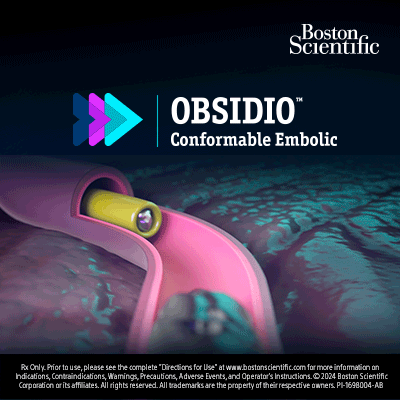SIR 2025
Interventional Oncology
Traditional Poster
43 - Comparative Analysis of Y90 Radiation Segmentectomy and Ablation Therapies in Patients with Liver Malignant Lesions less than 5 cm at a Single Institution
- HJ
Hanna Javan, MD
Resident
UC Davis, United States - MR
Mehrad Rokni, MD
Postdoc Researcher
UC Davis, United States - SG
Sofiya Ghazaryan, BS
Medical Student
UC Davis School of Medicine, United States - KL
Kamhung Lam, BS
Medical Student
UC Davis School of Medicine, United States - SW
Stephanie Warrior, BS
Medical Student
UC Davis School of Medicine, United States 
Amol M. Shah, MD (he/him/his)
Assistant professor
UC Davis, United States
Catherine T. Vu, MD
Professor
University of California Davis, United States- RG
Roger E. Goldman, MD
Assistant professor
UC Davis School of Medicine, United States - RA
Robert Andrews, MD
Profesor
UC Davis Medical Center, United States - MM
Maud M. Morshedi, MD, PhD (he/him/his)
Associate Professor
UC Davis, United States
Poster Presenter(s)
Author/Co-author(s)
This study aims to compare the efficacy and safety of Y90 radiation segmentectomy (RS) and thermal ablation (TA) therapies in treating liver malignant lesions, with focusing on progression-free survival, at a single institution.
Materials and Methods: A retrospective analysis was conducted using data from patients evaluated at our center who underwent RS or TA (from 2018–2024). The study included 92 patients in the RS group and 117 patients in the TA group. Key metrics analyzed were progression-free survival (PFS), response type (viable vs. nonviable), number and size of lesions, and patient age and gender distribution. Statistical analyses included t-tests for continuous variables and chi-square tests for categorical variables.
Results:
The mean age of patients was comparable between the two groups: 68.34 years (SD = 9.20) for the RS group and 68.23 years (SD = 8.43) for the TA group, with no significant difference (t-statistic = 0.087, p = 0.931)
Gender distribution was also similar, with 68 males and 24 females in the RS group, compared to 87 males and 30 females in the TA group, showing no significant difference (chi-square = 0.0, p = 1.0).
There was no statistically significant difference in the size or number of lesions between the two groups (mean RS 2.80, mean TA 2.05 cm, p >0.05). Mean PFS was 577.64 days for RS and 205.29 days for TA. A t-test revealed a significant difference (t-statistic = 2.25, p = 0.033), indicating that patients in the RS group experienced longer PFS.
Conclusion: PFS is significantly improved with RS compared to TA in patients with even liver lesions smaller than 5 cm treated at our institution. Although the age and gender distribution were similar between the two groups, the significant difference in PFS highlights RS as a potentially more effective treatment option with no grade 3 or higher complication in either group.


.jpg)